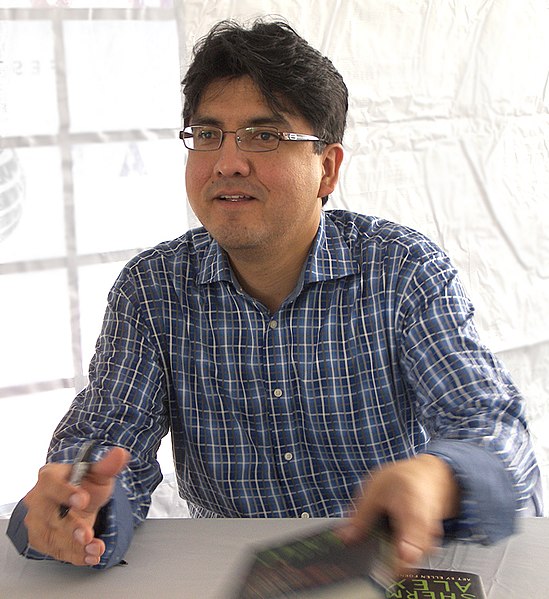What is a Scholarly Source?
To follow up our discussion of scholarly sources in class, below are criteria to consider when searching for scholarly sources.
Scholarly Sources:
- Are written by scholars (people with Ph.D.s) who are experts on relevant subject matter
- Include articles published in peer-reviewed journals
- Have a thesis and are fairly long (usually 10+ pages for articles)
- Include books published by a scholarly publisher (like a university press)
- Use extensive verifiable evidence to support their claims
- Usually have a (long) list of Works Cited or bibliographic footnotes
- Have a professional design
- Are up-to-date and relevant to the issues being researched



